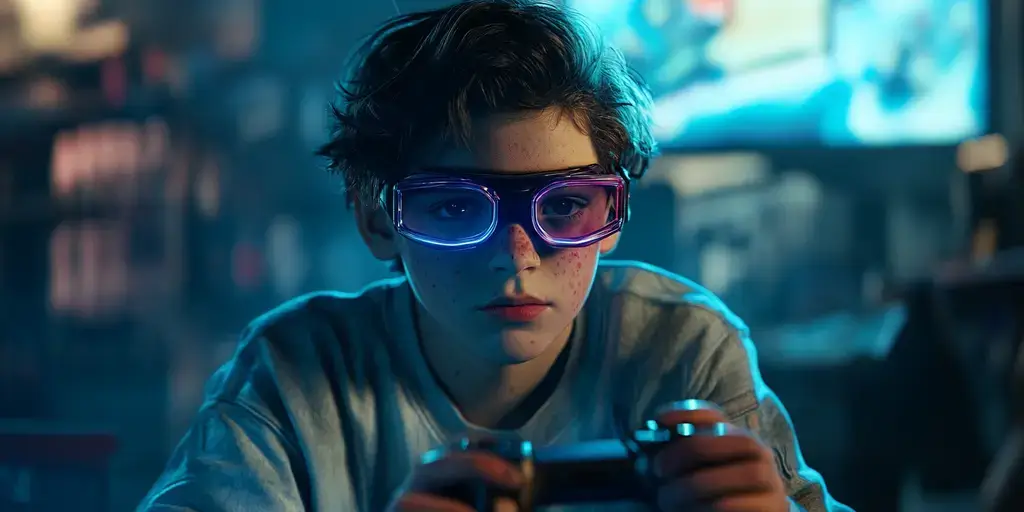A New Era for Filmmaking
In an exciting development in the world of cinema, the Academy of Motion Picture Arts and Sciences has announced that films created with the help of Artificial Intelligence (AI) are now eligible to be considered for an Oscar. This groundbreaking decision opens up a new realm of possibilities for filmmakers and the stories they can bring to life. But what does this mean for the future of movies and the prestigious awards themselves?
Understanding AI in Filmmaking
AI, or Artificial Intelligence, refers to the use of computers and algorithms to perform tasks that normally require human intelligence, such as understanding natural language, recognizing patterns, and solving problems. In filmmaking, AI can be used in various aspects such as script writing, editing, visual effects, and even in creating entire scenes. This technology helps filmmakers push the boundaries of creativity by making it easier and faster to produce stunning visuals and complex storylines.
Changes in Oscar Rules
Traditionally, the Oscars have celebrated the human craft of storytelling and filmmaking. However, with advancements in technology, the Academy has recognized that AI is becoming an essential tool in the creative process. The new ruling means that as long as a film meets the existing eligibility criteria and has a significant human element, it doesn’t matter if AI played a role in its creation.
This change reflects the Academy’s acknowledgment of technological progress and its impact on the arts. By allowing AI-assisted films to compete, the Oscars are embracing innovation while maintaining the core values of storytelling and creativity.
Benefits of AI in Films
AI technology provides numerous benefits to filmmakers. For one, it allows them to considerably cut down on production time and costs. AI can automate tedious tasks such as color correction, improving sound quality, and even generating visual effects. These capabilities allow directors and producers to focus more on the creative aspects of filmmaking.
Moreover, AI can democratize the filmmaking process by providing tools that were once only accessible to big studio productions. Independent filmmakers and creatives with limited budgets can now produce high-quality films that can compete on the world stage, including at the Oscars.
Addressing Concerns
While the decision to include AI-assisted films in the Oscars is celebrated by many, it does raise some concerns. There is a question of whether AI-generated content might overshadow the human element, which has been the cornerstone of cinematic storytelling. The Academy has clearly stated that while AI can assist in making a film, the original idea and significant human contribution are essential criteria for eligibility. This ensures that the heart of the film remains human-driven and authentic.
Another concern is about job displacement within the film industry. As AI takes over repetitive tasks, some fear it might lead to fewer opportunities for up-and-coming filmmakers and production staff. However, proponents argue that AI will instead create new roles and types of jobs, focusing on the innovative potential of this technology.
Looking Forward
The inclusion of AI-assisted films in Oscars eligibility marks a significant shift in the landscape of filmmaking. It highlights a future where human imagination combined with AI technology can result in extraordinary films that tell even more diverse and intricate stories. As we move forward, audiences can expect to see unique films that blend traditional storytelling with the limitless possibilities of AI.
This change also signifies the Academy’s commitment to staying relevant in a rapidly evolving technological environment. By welcoming AI into the fold, the Oscars remain at the forefront of innovation in the cinema industry, ensuring that they continue to celebrate the best of global filmmaking for years to come.










